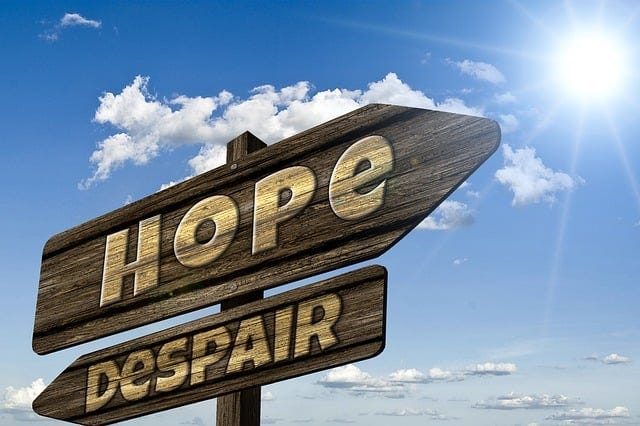Do you remember the JetBlue flight attendant who freaked out back in 2010? Somebody on board had apparently worked his last nerve, so he not only announced on the intercom how totally fed up he was, he grabbed a beer from the beverage cart and left via an emergency slide.
What a way to quit a job, but how do you make a grand exit if you're a writer and you're not somebody famous like Philip Roth?
I had early success. My first good short story won a prize with a famous editor as the judge. Then it was published in Redbook, which had millions of readers. The story garnered me lots of cash, fan mail, and queries from agents. It also turned my head, not that I needed much encouragement there. I grew up in glamorous New York and getting a story into a national magazine seemed a natural first step. I mean, seriously, what other possibilities were there?
Five years of drought followed. No acceptances or publications, but endless rejection letters. Nothing I wrote was accepted anywhere by anyone-and my rejections were almost always boilerplate. I grew desperate to quit and contemplated various alternate careers.
This wasn't the first desert I would have to cross in my thirty years as a published writer. I wanted to succeed, and I also wanted to quit. But writing wouldn't let me. I was compelled to keep exploring my inner world and the world around me in short stories, which finally started being published in the early 1980s. The breakthrough didn't just thrill me, it delighted all the friends who had been suffering along with me.
But getting a book of stories published after that was unbelievably hard, especially when editors would reject me and say things like "I don't like your metaphors and such." My such? What the hell was that? I confess I was tempted to write back and say, "My such is pretty damned good."
Facing another brick wall, I told my spouse more than once, "I'm giving up writing as a career." And I pictured gathering all my manuscripts together, building a bonfire and just getting rid of everything (including the discs).
It wasn't until I was reviewing for various magazines and newspapers like The Detroit Free Press and The Washington Post that I finally had an actual writing job, even if it was freelance. And even though I could quit whenever I wanted to, I enjoyed the deadline pressure, the challenges of reviewing across genres, and the interaction with editors and readers.
The turnaround came in 1990 with my first book, but the ups and downs of publishing 26 books in many genres since then have echoed the roller coaster of my early career. Things look great, then they look crappy, then I look for an exit. But there isn't one. Because every time I've tried to or wanted to give up, fortune hands me a plum, or I get an idea for a new book and it won't let me go.
The cold hard truth is what the late novelist Sheila Roberts one said to me, "I love the sheer sensual pleasure of putting one word next to another--there's nothing else like it in the world." And she grinned. Because she's right.
Lev Raphael has taught creative writing at Michigan State University and he currently edits, coaches, and mentor writers at writewithoutborders.com. His work has appeared in fifteen languages and he’s done invited readings in nine different countries.
(Free image by Gerd Altmann from Pixabay)





Writers can't help writing. It's a drive. After a 10-year break to deal with life challenges, I came back to writing as if grabbing a life preserver in the middle of the ocean because it was.
So much wisdom here. And maybe it's a good thing so many writers don't know all this when they start out. "And such" . . . JFC.